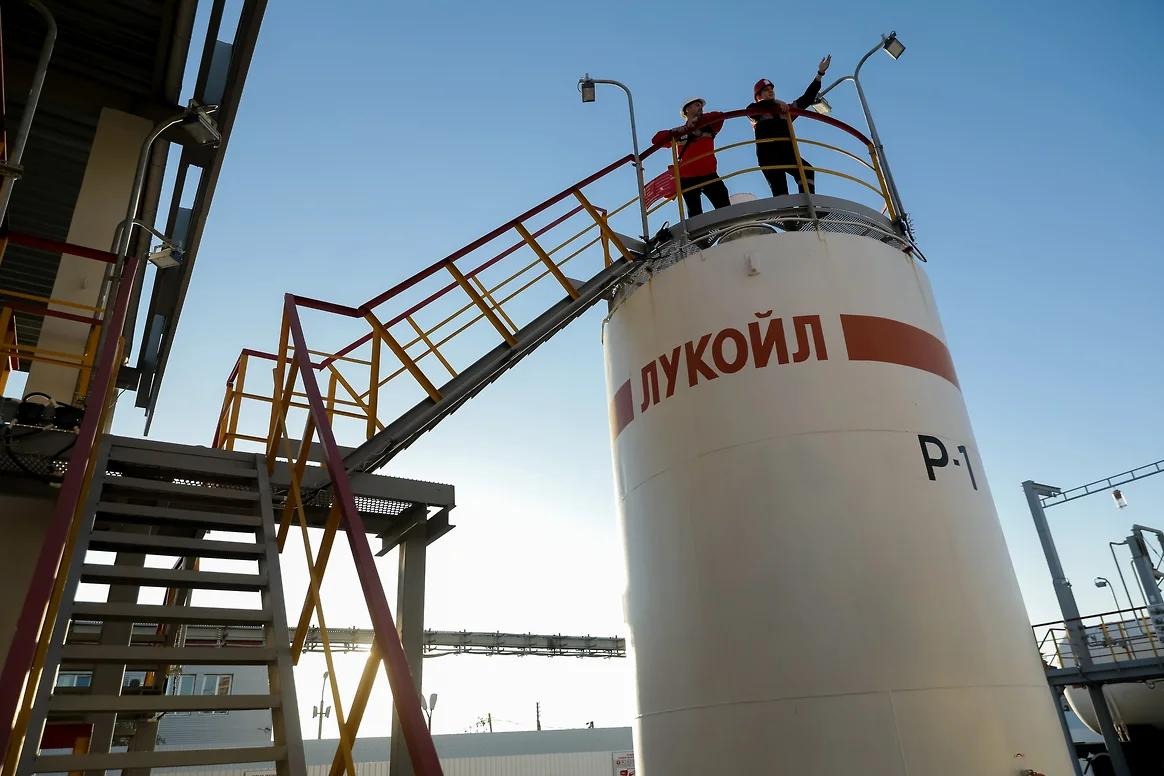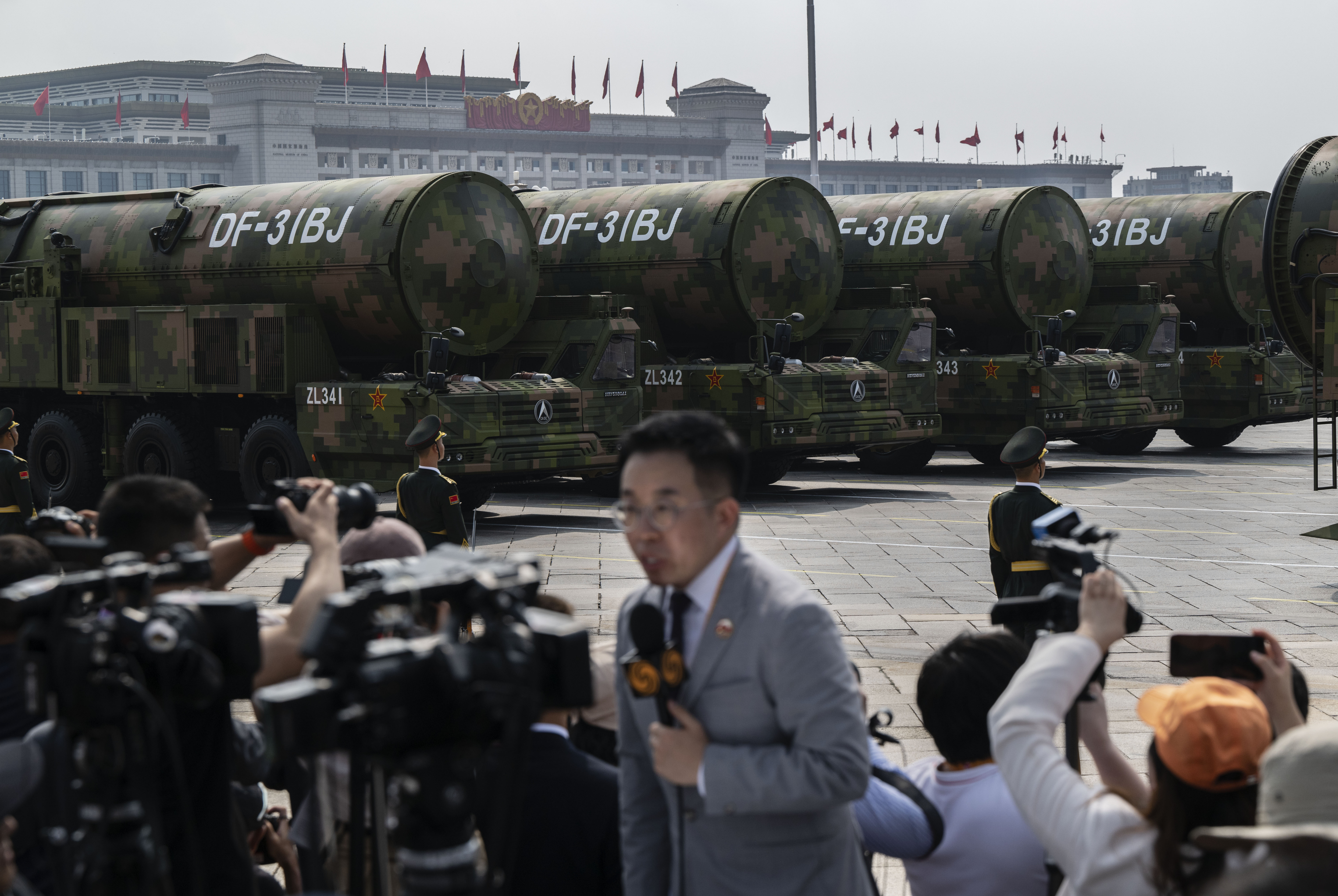WHITHER UKRAINIAN TRUTH?
WHITHER UKRAINIAN TRUTH?
The disappearance of a well-known political journalist has again turned public attention to the problem of freedom of speech in Ukraine. Georgy Gongadze was last seen on September 16, leaving the office of the liberal-oriented Internet newspaper he founded, Independent Center for Protection of Independent Journalists “Ukrainska pravda” (Ukrainian Truth). This publication has been known for its ruthless and caustic criticism of President Leonid Kuchma and the “oligarchs” from his inner circle; it is therefore natural to conclude (as many in Ukraine have) that Gongadze might well have to pay a price for his convictions. After his disappearance, Ukrainian police initiated a criminal investigation on the basis of possible premeditated murder. The event has drawn international attention: Organizations such as Amnesty International, Reporters without Borders, the Organization for Security and Cooperation in Europe and the U.S. Embassy in Kyiv have expressed concern over Gongadze’s fate.
Cases of journalists harassed, beaten or killed and of opposition media intimidated have often been reported in Ukraine. Last year, Kuchma was listed among the top ten enemies of free press by the New York Committee to Protect Journalists. Yet Gongadze’s is a special case: He is one of the country’s leading political journalists and his relations with the powers-that-be and the police have been especially strained. Gongadze, 31, an ethnic Georgian, began his journalist career in the late 1980s with the Georgian People’s Front in Abkhazia’s civil war. In the mid-1990s, he worked as a TV news anchorman in Kyiv. During the 1999 presidential campaign, he managed a radio political project critical of both Kuchma and the communists. This year, he both founded “Ukrainska pravda” and worked for one of the candidates in a mayoral campaign in the central Ukrainian city of Vinnytsya. The previous mayor, reportedly implicated in underworld connections, resigned after an attempt on his life (see the Monitor, November 30, 1999). This past summer, Gongadze, in an open letter to Prosecutor General Mykhaylo Potebenko, complained of being spied upon by the police. Shortly before Gongadze’s disappearance, “Ukrainska pravda” ran a sensational article about Kuchma’s top adviser, “oligarch” Oleksandr Volkov, alleging his ties with one of Kyiv’s criminal bosses. This prompted many observers to suggest that the scandal around Gongadze’s disappearance could have been staged by Volkov’s numerous enemies as a way of implicating the oligarch in a scandal. Volkov did not attempt to conceal his dislike of Gongadze, but indignantly denied allegations about any involvement in the journalist’s disappearance. Finally, Ukraine’s self-styled corruption fighter, MP Hryhory Omelchenko, claimed that he recently passed certain sensational materials to Gongadze for publication. Omelchenko had played a key role in unearthing misdeeds of former Premier Pavlo Lazarenko; more recently, he openly accused Volkov and other “oligarchs” from Kuchma’s entourage and Kuchma himself of corruption. Given all these circumstances, Gongadze’s disappearance could not but provoke serious political implications.
Responding–by necessity–to public outcry on September 18, Kuchma personally instructed law enforcement agencies to thoroughly investigate Gongadze’s disappearance. The event ignited a unprecedented organized protest by Ukraine’s journalists on September 21: Some fifty of them walked out of the parliament’s press gallery, protesting what they termed inaction by law enforcement agencies. From the parliamentary rostrum, a journalist representative read out an open letter to Kuchma and parliament, signed by Ukraine’s top political reporters, demanding the creation of normal conditions for work. Parliament then set up an ad-hoc investigation to examine Gongadze’s disappearance.
The incident could end up being used by various political rivals for settling their personal accounts, and others besides Volkov could be implicated. Yuri Karmazin, the head of the parliament anti-organized crime and corruption committee, who reportedly eyes the chair of Internal Affairs minister, used this opportunity to publicly accuse the current minister, Yuri Kravchenko, of inefficiency. Kravchenko and Prosecutor General Potebenko failed to appear before parliament on September 22 to give their reports on the Gongadze investigation. This prompted MPs from leftist factions to support the journalists’ calls for Kravchenko and Potebenko’s resignations (New channel TV, September 17, 23; UT-1, September 19; Den, September 19, 22; Studio 1+1 TV, September 20; UNIAN, September 20, -21; AP, September 21; STB TV, NTV-Moscow, September 22).
The Monitor is a publication of the Jamestown Foundation. It is researched and written under the direction of senior analysts Jonas Bernstein, Vladimir Socor, Stephen Foye, and analysts Ilya Malyakin, Oleg Varfolomeyev and Ilias Bogatyrev. If you have any questions regarding the content of the Monitor, please contact the foundation. If you would like information on subscribing to the Monitor, or have any comments, suggestions or questions, please contact us by e-mail at pubs@jamestown.org, by fax at 301-562-8021, or by postal mail at The Jamestown Foundation, 4516 43rd Street NW, Washington DC 20016. Unauthorized reproduction or redistribution of the Monitor is strictly prohibited by law. Copyright (c) 1983-2002 The Jamestown Foundation Site Maintenance by Johnny Flash Productions


